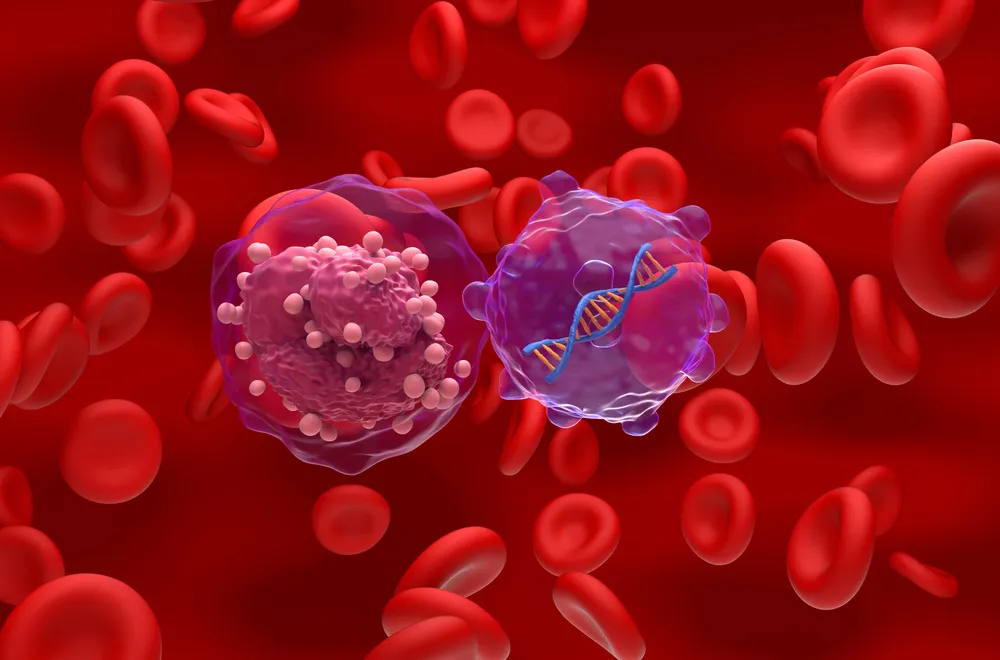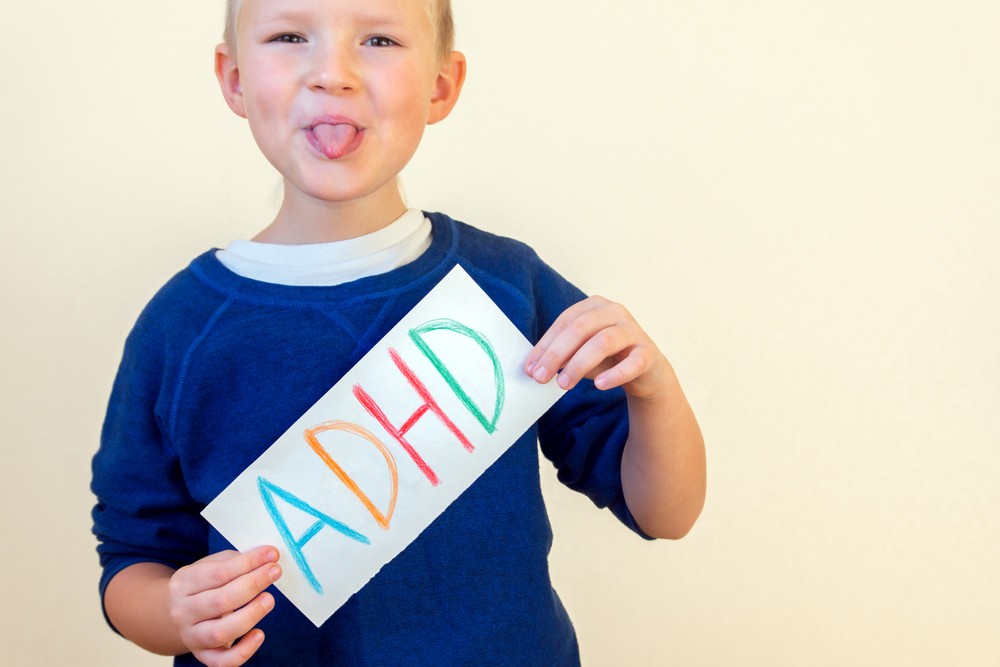
Certain high level politicians are now promoting an idea that vaccines cause autism. However, no responsible study has found that vaccines can cause autism. But this idea is obviously still here now that people such as Robert Kennedy and Donald Trump are promoting it again. In addition, the same people are saying that acetaminophen is a cause of autism. Parents and pregnant women are justifiably confused about these statements as there is no real evidence that acetaminophen causes any such problems as autism.
Parents who have seen their children become autistic are understandably upset and looking for any explanation possible. Vaccines are an easy target. They are given at a time of life when autism can start to develop. Acetaminophen is also an easy target as many pregnant women experience occasional pain as do many of the rest of us.
However, a big part of the problem here is that biomedical science has no answers as to what causes autism and that means no answers. In this vacuum, any idea can be promoted. The biomedical community has found many genetic mutations which are associated with autism. The finding of a genetic mutation, especially one that arose spontaneously in the sperm or egg, may provide some psychological relief to parents, but it does nothing to help parents cope with the years of an autistic child.
What might cause autism? Is there any other potential cause which could be looked at? I am very interested in toxic chemicals which could affect the brain as it develops. Where might toxic chemicals come from at the time of life when autism develops?
When antibiotics are given for problems such as ear infection in young children, the “good” bacteria are killed, making room for the yeast Candida albicans to spread and grow inside the intestinal tract. Why is this a problem? Candida albicans makes very toxic chemicals. Candida albicans makes toxic alcohols, the toxic chemical acetone and the toxic chemical hydrogen sulfide. All these toxic chemicals are made in the gut by the yeast Candida albicans. They are absorbed and can go to the brain and disrupt development. Hydrogen sulfide is the worst one. Hydrogen sulfide damages DNA and disrupts a major process of normal development called apoptosis. Apoptosis is the process of orderly cell death of unneeded cells. This process is essential for normal development of the brain. Besides environmental exposures such as lead, the toxic chemicals from Candida are the most toxic chemicals to affect the brain of a developing young child.
But there is a much more insidious aspect to Candida albicans. Autistic disorder used to be much more rare. Now it is far more common. Part of this is due to a more inclusive diagnosis but when I was in medical school in the 1980’s, autism was still considered rare. This is not the case now. Why? What has changed? Women having babies now have also taken antibiotics when they were younger. Women in earlier generations did not have such extensive antibiotic exposure as have many women having babies now. This means that pregnant women now can also have Candida albicans in their intestinal tracts making the same toxic chemicals. These chemicals can circulate in pregnant women to the unborn child and disrupt brain development in utero. Now that is scary. The unborn has no defense against the toxic chemicals coming from the Candida albicans in the mother’s intestinal tract. Hydrogen sulfide is a very toxic chemical to the brain. Hydrogen sulfide and other toxic yeast chemicals could disrupt brain development at a very early age and may cause the disorder we call autism.
But why does no one talk about this? The medical community made a collective decision over the years that Candida albicans is not important and not harmful. So there is very little research on Candida albicans and the brain.
The idea that hydrogen sulfide is toxic and could affect the developing brain would not be easy to study. Hydrogen sulfide is not easy to measure. The exposures are not single exposures but occur over time. These cumulative exposures are difficult to study. Researchers could look at such chemicals but they do not.
Why is this idea important? There is a benign treatment for Candida albicans, a non-absorbed medicine called nystatin. Nystatin kills Candida albicans in the intestinal tract. This reduces the burden of the toxic chemical load coming from Candida. But nystatin only works with a special anti-yeast diet. So most doctors do not recognize the power of nystatin to control the Candida. The diet is described in our book Feast Without Yeast. The combination of the anti-yeast medicine nystatin and the special diet almost always helps in autism. It works best at young ages but helps at older ages too.I only wish Robert Kennedy knew something about Candida. Nothing from his public statements suggests that he does. Instead he is attacking more visible things such as vaccines and acetominophen, as opposed to the more subtle Candida albicans and its toxic chemicals. Research on the toxic chemicals made by Candida would advance autism research and help the families of autistic children.







